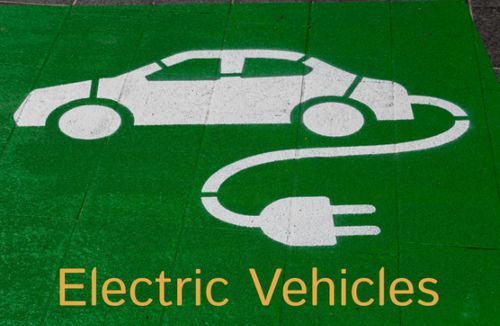Are electric vehicles really greener than petrol cars?
May 30, 2022 · 2 mins read
0
Share

An electric vehicle (EV) is one that operates on an electric motor, instead of an internal combustion engine that generates power by burning a mix of fuel and gases. Burning fossil fuels in cars releases carbon dioxide, increasing greenhouse gas emissions.
Save
Share
Why should you care about car pollution? It contributes significantly to the buildup of greenhouse gases in the atmosphere. As these gases build up, they trap heat in the atmosphere, causing climate change.
Save
Share
Why use an electric car? Researchers from the universities of Cambridge, Exeter and Nijmegen in The Netherlands found that in 95% of the world, driving an electric car is better for the environment than driving a gasoline-powered car. Let’s dig deeper.
Save
Share
Electric grids that power the batteries in electric vehicles are mostly powered by fossil fuels. The grids need to be decarbonised by using renewable energy sources like solar or offshore wind.
Save
Share
Sergey Paltsev, a senior research scientist at the MIT Energy Initiative, explained that the full benefits of EVs will be realized only after the electricity sources become renewable, and it might take several decades for that to happen.
Save
Share
George Crabtree, director of the U.S. Department of Energy’s Joint Center for Energy Storage Research, told CNBC: “the battery is the most complicated component in the EV. The energy source used in battery production makes a huge difference on the carbon footprint for EVs.”
Save
Share
Building an electric car is more energy-intensive than a traditional car. A study from the MIT Energy Initiative found that the battery and fuel production for an EV generates higher emissions than the manufacture of a gas-powered car.
Save
Share
But the total emissions per mile for battery-powered cars are lower than cars with internal combustion engines. EVs are more energy efficient in the long run, and hence they offset the higher environmental costs caused during battery and fuel production.
Save
Share
Rechargeable lithium-ion batteries are the biggest sources of carbon emissions from EVs. Recycling these batteries is crucial to reducing their environmental impact. More recycling infrastructure and expanding the recycling market would be the next steps.
Save
Share
Final Note: Electric cars are a great way to tackle climate change because of reduced lifetime carbon emissions. Decarbonisation of the electric grid and batteries that can be recycled are crucial to making electric cars greener than petrol cars.
Save
Share
0